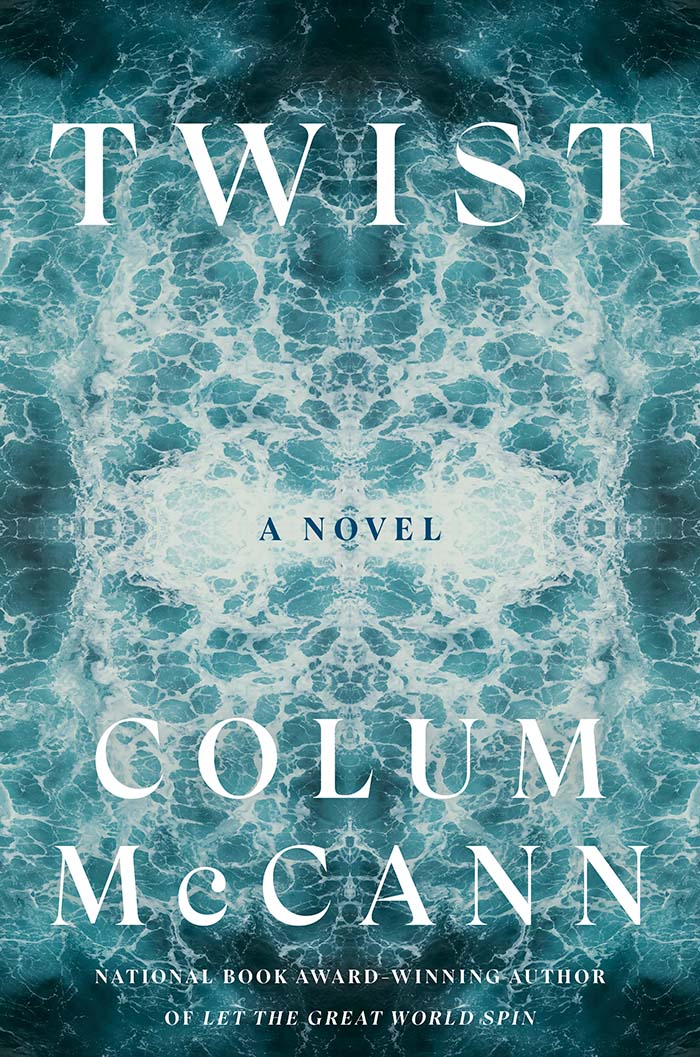
No Rust on Your Sentences Please
Now that you have rushed back, you should write your work as if you are sending it to your reader one careful sentence at a time. Prose should be as well-written as poetry. Every word matters. You must test for the rhythm and precision. Look for assonance, alliteration, rhyme. Look for internal echoes. Vary your moves. It’s as close as you’ll get to dancing. Listen to it create itself. Never allow it to become elevator music. It is your ability to push yourself one step further that will set you apart. All writing deals with limits, but there should never be any any easy sentences. Sail close to the wind. Be there when the bread comes out of the oven. Give us a hut-house that is newly painted. Give us a mansion that is not forlorn. Never forget that metaphors become dead with overuse. No more hot tears please. No more milky-white thighs. No more blood-red sunsets. No more dream sequences. Instead of your character walking blandly down the road, have him jaunt, or slump, or clop, or hobble (knowing every now and then that sometimes walk is the perfect word and it must be used without frills.) Also remember that to dress up a simple word is sometimes to take away its power. Its repetition – if repeated enough – will have the right effect. Just ask Hemingway or Chatwin or McGahern. Find the sentence that surprises you and then surprise yourself further by inserting even more surprise into it. Cut the darling word, darling. Sometimes, in a series of spectacular sentences, insert one that is truly banal. Or within the banal, insert the spectacular. Sometimes you must respect the purposeful boredom of a sentence. Put together sounds that nobody ever thought of before. This is how we achieve the unique. Whatever you do please don’t allow it to become pedestrian. Make it inescapably personal. No more visits to the literary souvenir shop. Imitate, yes, but don’t replicate. And imitate only to lose the original voice. Only Carver could write like Carver. Take Carver and recarve. Change those sentences which previously seemed unchangeable. And then send those sentences to the reader you love, one envelope at a time.
